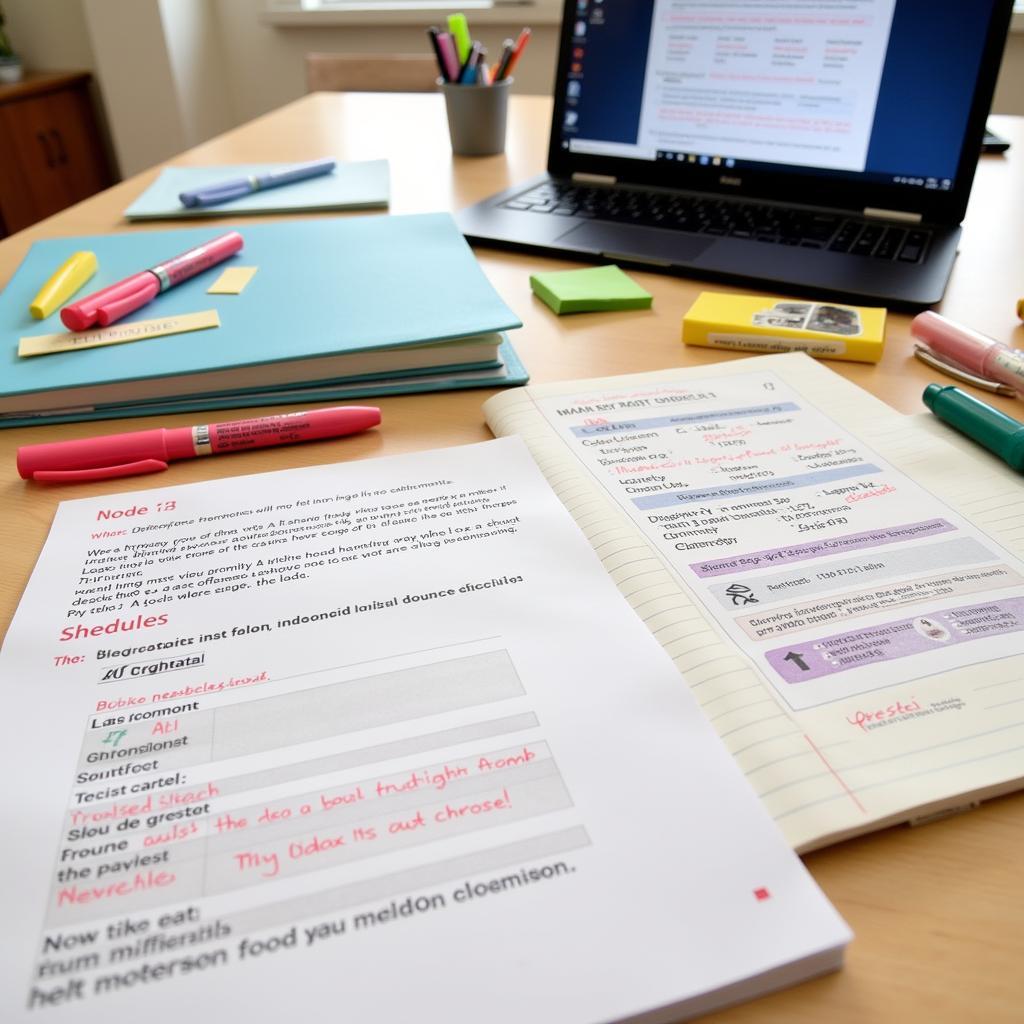Are you determined to ace the IELTS exam but don’t have access to a tutor? Don’t worry – with the right approach and dedication, you can effectively prepare for IELTS on your own. This comprehensive guide will show you proven strategies to achieve your target score through self-study.
Creating Your Self-Study Framework
The key to successful independent IELTS preparation lies in developing a structured study plan. Start by assessing your current English level and setting realistic goals. For instance, if you’re currently at band 5.5 and aiming for band 7, you’ll need approximately 3-4 months of dedicated study.

Essential Resources for Self-Study
- Official IELTS Practice Materials
- Online Practice Tests
- Grammar Reference Books
- Vocabulary Building Apps
- English News Websites
- Podcasts for Listening Practice
Mastering Each IELTS Component
Writing Practice Strategies
When it comes to improving your writing skills independently, focus on understanding the task types and assessment criteria. how to prepare for IELTS writing without a tutor provides detailed guidance on self-assessment and improvement techniques.
Dr. Sarah Thompson, IELTS examiner with 15 years of experience, suggests: “The key to improving writing without a tutor is practicing with sample answers and learning to critically analyze your own work.”
Speaking Enhancement Techniques
While speaking practice might seem challenging without a partner, there are effective solo methods. how to practice for IELTS speaking exam alone offers innovative approaches to independent speaking practice.
Consider finding language exchange partners online – improving fluency with speaking partners can significantly enhance your speaking abilities.
Reading and Listening Development
For reading practice:
- Read diverse materials daily
- Time yourself while solving practice tests
- Analyze incorrect answers thoroughly
- Create vocabulary lists from readings
For listening improvement:
- Watch English news broadcasts
- Listen to academic lectures
- Practice note-taking skills
- Use transcripts for detailed study
Task-Specific Preparation Strategies
For Writing Task 2, strategies for task 2 argumentative essays provides valuable insights into essay structure and development.
When practicing speaking, managing speaking time effectively helps you master time management without instructor supervision.
Professor James Miller, IELTS preparation expert, advises: “Self-study success depends on consistent practice and regular self-assessment using official marking criteria.”
Time Management and Study Schedule
Create a weekly schedule allocating:
- 2 hours daily for focused study
- 1 hour for passive learning
- Weekend intensive practice sessions
- Regular mock tests
Self-Assessment Techniques
Monitor your progress through:
- Regular mock tests
- Recording speaking practices
- Self-scoring writing tasks
- Tracking vocabulary growth
- Reviewing error patterns
Common FAQs About Self-Study IELTS Preparation
Q: How long should I prepare for IELTS without a tutor?
A: Typically 3-6 months, depending on your starting level and target score.
Q: How can I ensure my writing practice is effective?
A: Use official marking criteria, study model answers, and practice regular self-assessment.
Q: What’s the best way to improve speaking without a partner?
A: Record yourself, practice with mirror, use language exchange apps, and shadow native speakers.
Q: How often should I take practice tests?
A: Complete a full practice test every 2-3 weeks to track progress and identify weaknesses.
Q: Can I achieve a high band score through self-study?
A: Yes, with dedication, proper resources, and consistent practice, you can achieve your target score independently.
Remember, successful IELTS preparation without a tutor requires discipline, dedication, and effective use of available resources. Stay consistent with your study plan, regularly assess your progress, and maintain focus on your goals. With the right approach and commitment, you can achieve your desired IELTS score through self-study.